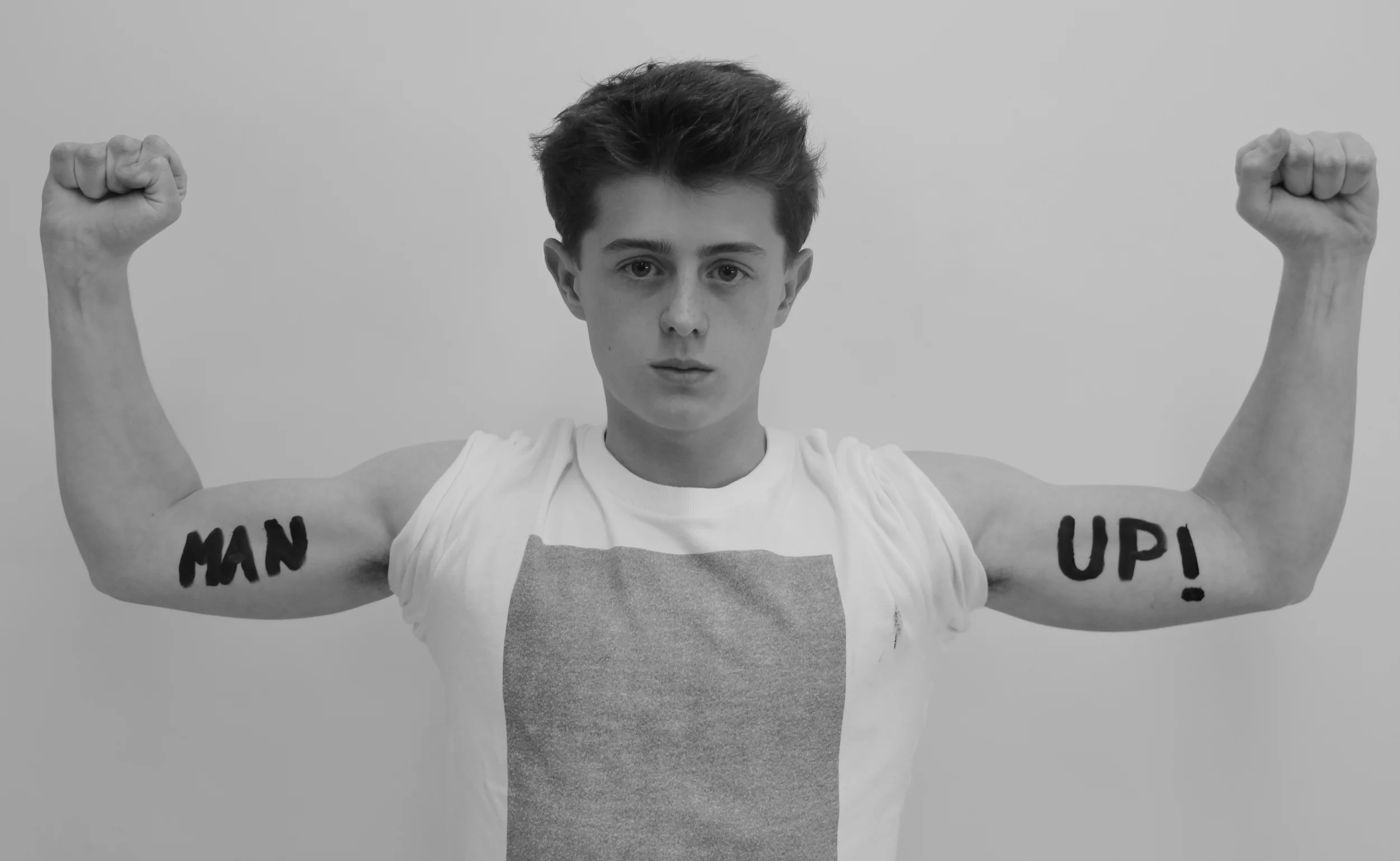Soundscape #1 - A Conversation with Richard Aoki
by Harim Jung (21, they/them pronouns, CT, Korean American)
Richard Aoki (1938-2009), a key figure in Asian America, played a crucial role in the organization of the Black Panther Party, as well as the Third World Liberation Front Strikes of the San Francisco, Oakland, and Berkeley communities in the late 1960s. Although Aoki contributed greatly as an activist, an educator, and a leader to the POC struggle and cause, his life came to an abrupt end when he took his own life after it was revealed that he may have been an FBI informant. As we commemorate the life and legacies of the activists and heroes of the Asian American and larger POC communities, I composed this auditory piece in attempt to engage in a personal and honest conversation with Aoki. The objective of this conversation is to bridge a generational gap between Asian American activists of different eras, but fighting for the same cause and against the same systems of power. My hopes is that this project will demystify the controversy around the life of Richard Aoki, deconstruct the militant and radical stigma around the Black Panther Party and organized spaces of POC, and connect the struggles of activists in these two eras. As the Asian American community stands divided on critical issues of affirmative action, the #BlackLivesMatter movement, and, more recently, the indictment of Peter Liang, it is crucial that we learn and build from the intersectional work of our predecessors, so that we do not become complicit in perpetuating violence on marginalized communities. Please listen with headphones in order to get a complete auditory experience and be immersed in this soundscape.
Collection from Fang's Mark
by Shirley Fang
A voice that is afraid of itself
Everything we create becomes an extension of ourselves. When we were kids, we would build the world through lego blocks or create a world made of chalk on the sidewalk. There was no questioning what we were doing. We made for the sake of making.
The process is what keeps us on the path of understanding what it is that we love. Now that we are older the things we create are no longer as tangible. We can put ourselves into words, but we can also put ourselves in others’ minds.
Our voice extends outside our vocal cords.
Where Are You Really From? (Oil)
a better perspective
Because my birthday
Demonstrated something
And now, i have placed one ugly into this box. What a great day to start pumping all the ugly into this box. Yes, yes.
#art #because #artispolitical #biculturalidentity
#gaslighting #eradicate #allthethoughts
that was the pain strokes around those letters...
Survival (Acrylic and charcoal)
Having time at Wes to unpack all this trauma has been healing but also destructive to my own mental health. How can you ask me to be the good old productive student like before when I have to expel so much energy piecing myself together? How do you expect me to be enthusiastic about the education I’m getting when I just became woke to all the disparities first in the world and then at Wes? Every artwork I make takes so much energy and time that I can’t.. I just can’t care…about school. I can’t care about academia. I can’t care about learning the tools I need to feel strong and defend myself. I’m so tired. I know I’m not weak, but I feel weak.
Mei Ling Fang Sewing on the Bed (Acrylic)
It took me so long to appreciate my mom for who she is and what she has been through. She was never given the attention she deserves growing up. I hope to show her how beautiful and important she is and her narrative is to me and to the world. It breaks my heart knowing that there's only so much I can do to help her heal, but trying is better than not doing anything.
Insular Creation (Acrylic and charcoal, 5' x 6')
The slower I move and think, the more human and me I feel like I am returning to. The model minority myth, capitalism and all these oppressive systems have long enough taken a toll on my body and mind...preventing me from seeing my art, my own beauty, and seeing my thoughts as full-fleshed bodies that can take up space. Deconstructing and unlearning are painful processes. I took this journey because I know it's necessary for me to love myself. I don't even know exactly what I'm putting so much energy in, but I know I'm getting to the core because I can feel my body tensing up and resisting this force that's containing all my energy––so I can deflate..into nothingness.
First deflation.
Then nothingness.
Then inflation.
Like Fang's Mark on Facebook here.
To Be An American
written by Camille Ollivierre
To be an American do I have to be white
Should my hair be as straight as you hoped your son would be
My eyes, as round as the world you hoped would be yours
Should my nose be as small as your knowledge of morals
My lips, as red as your face when I say nigga
Should my back be as broad as the land you stole from its natives
My arms and legs, as long as your damage to my people will last
Should my hands and feet be as large as the amount of racists in this country
My nails, as short as your apology for killing off my ancestors
Should my reflexes be as quick as you are to accuse my brother of stealing
My mind, as brilliant as your four fathers who believed it okay to treat people like animals
Is that what it means to be an American?
Dear White Parent: What You Need to Tell Your Son About Tamir Rice
written by Ellis Maxwell
Tell him. You have to tell him.
Your instinct is to protect him, just like every parent wants to protect their child, but to protect is, in this case, to promote ignorance. Don’t protect him from injustice; alert him to it. If you are worried that he is too young to hear this story, remember that he, like you, has the privilege of ignorance. If you are worried about introducing race to a 12-year-old white boy, remember that you are privileged to be able to choose when and how to introduce your child to race. Remember that the black children he goes to school with have been dealing with racism since day one. If today, he has never heard Tamir Rice’s story, that is a minor failure. If he still doesn’t know Tamir’s name tomorrow, that is a major failure.
So, you’re going to tell him. What are you going to say? There is one thing you absolutely cannot tell him. You cannot say, “It could have been you,” because that is a lie. It could not have been your son. Your son is safe from Tamir’s fate because he is white. Because he is white, he is allowed to be a child, which Tamir was not. This is the central point you must get across to your son: There is a reason that Tamir Rice was killed and you will not be. You must be clear about this. Don’t go all abstract and say, “Sometimes people treat other people unfairly because they don’t look the same.” Don’t do it. Be more specific. Now is a good time to talk about the toy police car you got him for his sixth birthday. Tell your son that police officers serve and protect him, but they didn’t serve or protect Tamir. They killed him.
Here is a good place to start. You are a 12-year-old boy, and Tamir was a 12-year-old boy, and you are not dead, but Tamir is. Tell him that this is a great tragedy, because it is. Weep with him. Encourage him to weep with you. Tell him how much Tamir’s life mattered. Tell him that it mattered every bit as much as his does, but a police officer didn’t think so, and he killed him. Weep with him more. Tell him that you are weeping for Tamir, who loved basketball the same way he does.
Tell your son that Tamir’s story is not and will never be his own story. Your son will not be killed by a police officer. Challenge yourself and your son to weep nonetheless. Identify with the humanity of Tamir’s story without claiming it as your own. This is empathy. Tell your son that he will never know how it feels to be Tamir Rice. Tell yourself that you will never know how it feels to be Tamir’s mother. Still, weep. Weep because your son is safe and Tamir was not.
Your son just got an airsoft gun. He is happy about this. You are scared, but you are scared that he will accidentally hurt someone or himself; you are not scared that his toy gun will provoke a police officer to kill him. Make sure he knows the difference between the way you fear for him and the way Tamir Rice’s mother feared for her son.
Your son just got an airsoft gun, and he plays with it outside. Tamir Rice had an airsoft gun, too, and he played with it outside. He was killed by a police officer who forgot that Tamir was a child, and that police officer wasn’t punished because we all forgot that Tamir was a child, and now you are here with your son, and you need to tell him that Tamir was a child. Tamir Rice was a child like your son is a child, and now he’s dead, and your son is not dead. Tell him all of this, and weep. Always remember to weep.










